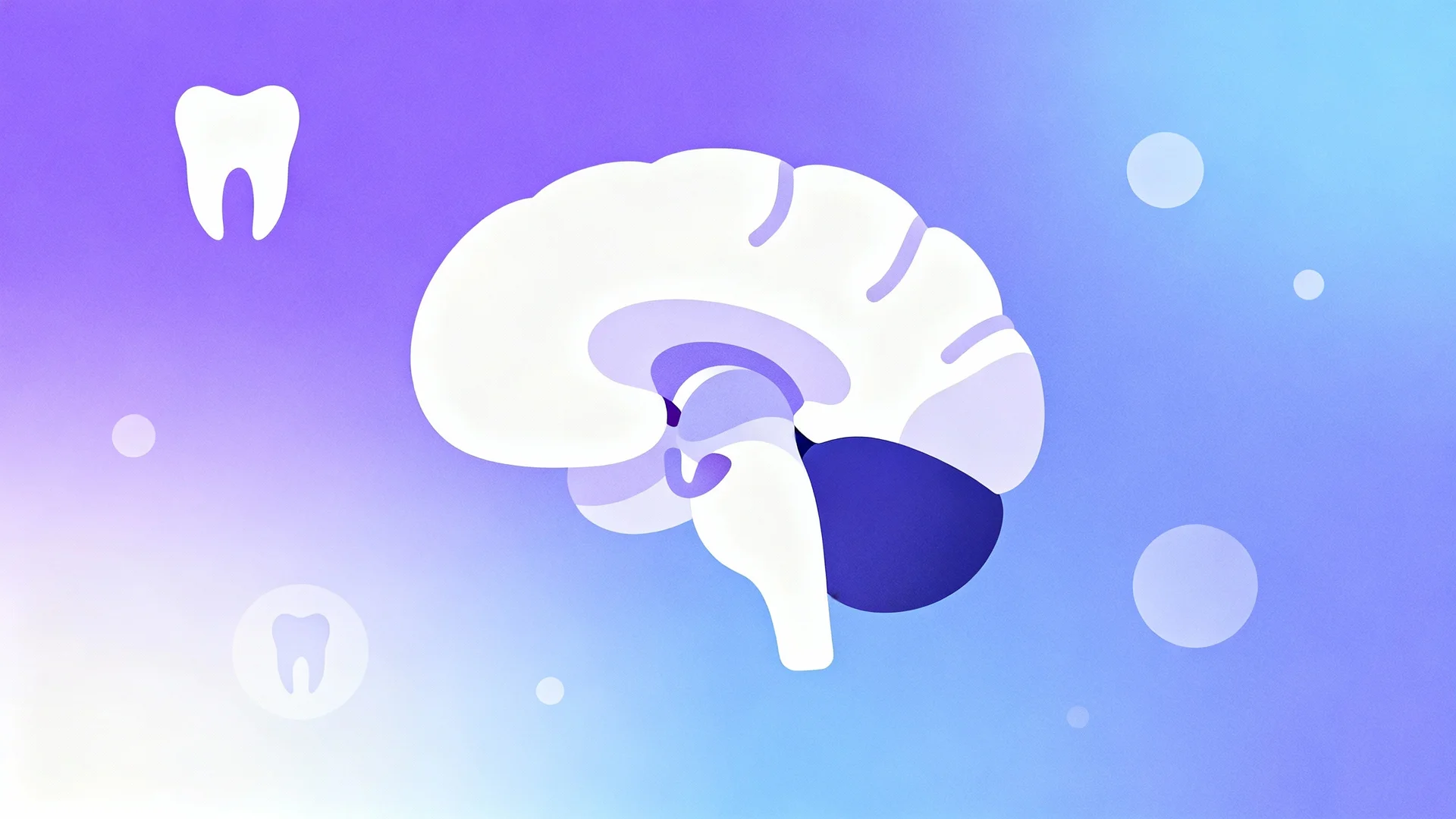
Loading...
Checking authentication...
Practice your pronunciation with interactive games and challenges.
Start PlayingLong before modern science described intricate neural networks, ancient scholars and physicians turned to classical languages-Latin and Greek-to name and categorize the natural world. The term putamen finds its roots in Latin, originally signifying a “husk” or “covering.” Early anatomists, fascinated by the rounded, almost shell-like appearance of this neural structure, adopted this term as a metaphor for its protective and encapsulating nature. This choice reflects an enduring tradition: naming parts of the human body by drawing on vivid physical resemblances.
"Language is the bedrock of our understanding. It not only describes our world but, in doing so, preserves a piece of history." - Dr. Amelia Lark, Historian of Medical Terminology
This historical evolution reveals that even words used predominantly in scientific contexts carry stories of human curiosity and the desire to make sense of the world.
In our quest to decipher complex vocabulary, it is invaluable to explore cognates and related words. A cognate, simply put, is a word that shares a common etymological origin across different languages. The anatomy term we examine today appears in various forms across European languages. For example, in French, the structure is referred to with a similar spelling and pronunciation nuance that resonates with its Latin ancestor. This interconnected web of language not only enhances our vocabulary but also enriches our cultural understanding.
For those learning English as a second language and interested in medical or scientific terminology, understanding the roots of words like putamen can be both fascinating and highly practical. Here are some tips to master the usage:
Curious to see how these words roll off the tongue in conversation? We recommend taking a moment to watch our detailed video explanation on the subject, which offers engaging visual cues and expert commentary.
Although its etymological roots lie in ancient language, putamen-and by extension, the concepts embedded within it-remains profoundly relevant today, especially in discussions surrounding neuroscience and psychology. Modern research continues to unveil the role of this neural structure in motor control and cognitive processing. As scientists and linguists collaborate more than ever, one finds that the language used in these fields is evolving to accommodate new discoveries while still paying homage to its historical past.
It is not uncommon to find confusion when encountering sophisticated anatomical terms. One prevalent misconception is that these terms are inherently unapproachable. However, understanding the journey of words like putamen reveals that even the most intricate terms were once easily understood through visual metaphors and analogies derived from everyday life. Recognizing this can demystify scientific jargon and encourage learners to engage confidently with them.
"Words are living records of history, always adapting to new information while keeping a legacy of past knowledge intact." - Prof. Edwin Shaw, Linguistics Expert
The exploration of putamen’s linguistic evolution provides a unique window into the unity of science and humanities. It challenges us to see academic language as an art-one that weaves historical context, cultural practices, and linguistic structure into a coherent tapestry. Whether you are a language learner, a student of neuroscience, or simply a lover of culture, understanding how these terms develop can enrich your perspective on both language and life.
As we conclude our exploration, remember that every word carries within it layers of history and culture waiting to be uncovered. The journey through the origins and evolution of putamen reveals much more than scientific terminology; it is a testament to the power of language as a living, breathing entity that connects us across time and disciplines.
We encourage you to delve deeper into the origins of other intriguing terms, boosting not only your academic knowledge but also your appreciation for the rich tapestry of language. What other scientific words might have surprising histories? How does understanding these roots change your perception of modern scientific vocabulary? Let these questions spur your own journey of discovery.
Your adventure into the fascinating world of words is just beginning-explore, learn, and share the stories behind the language that shapes our world.